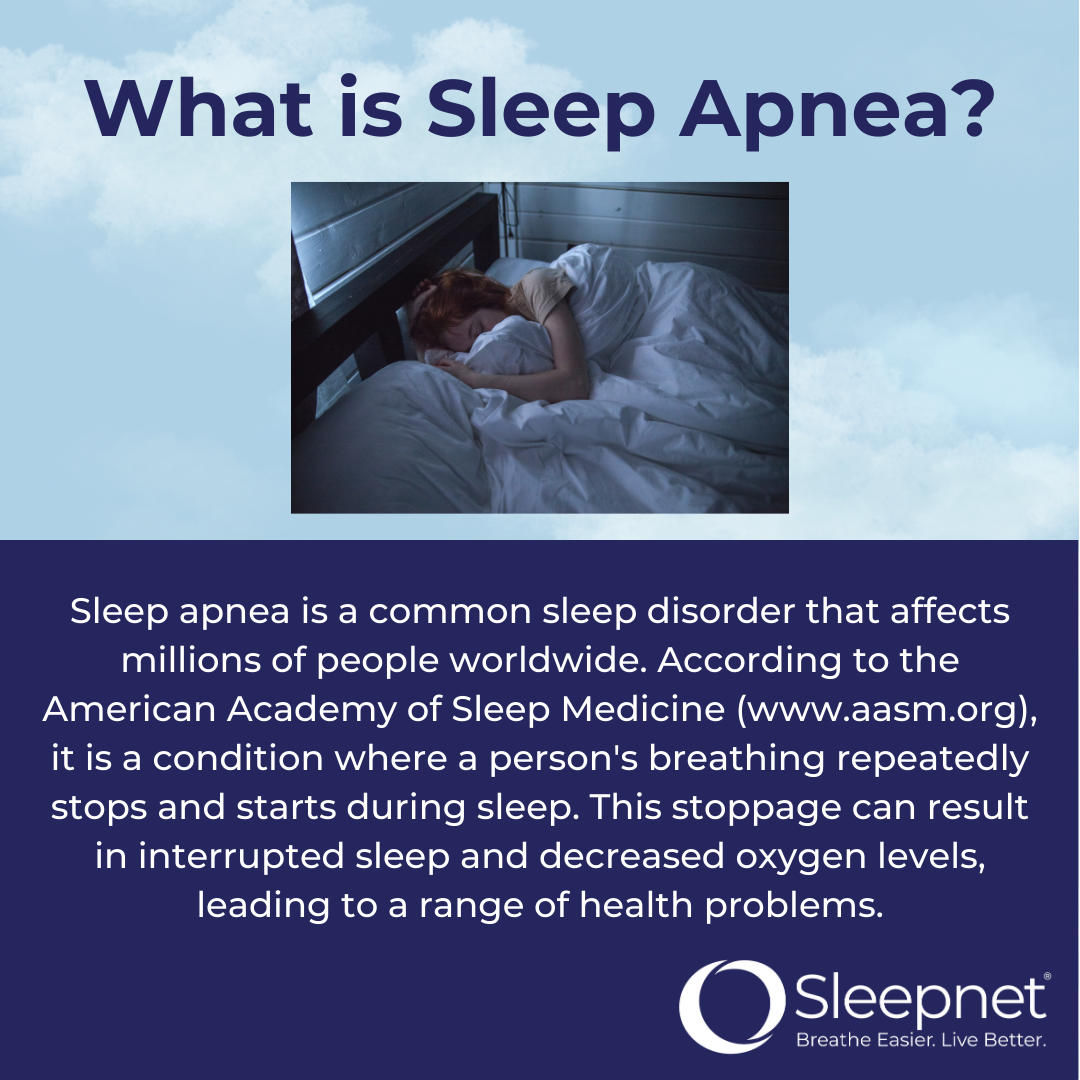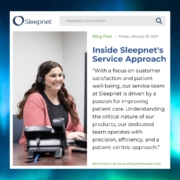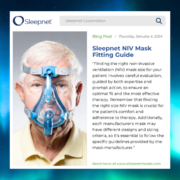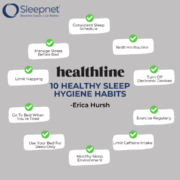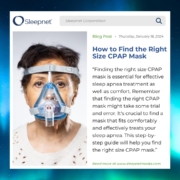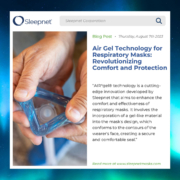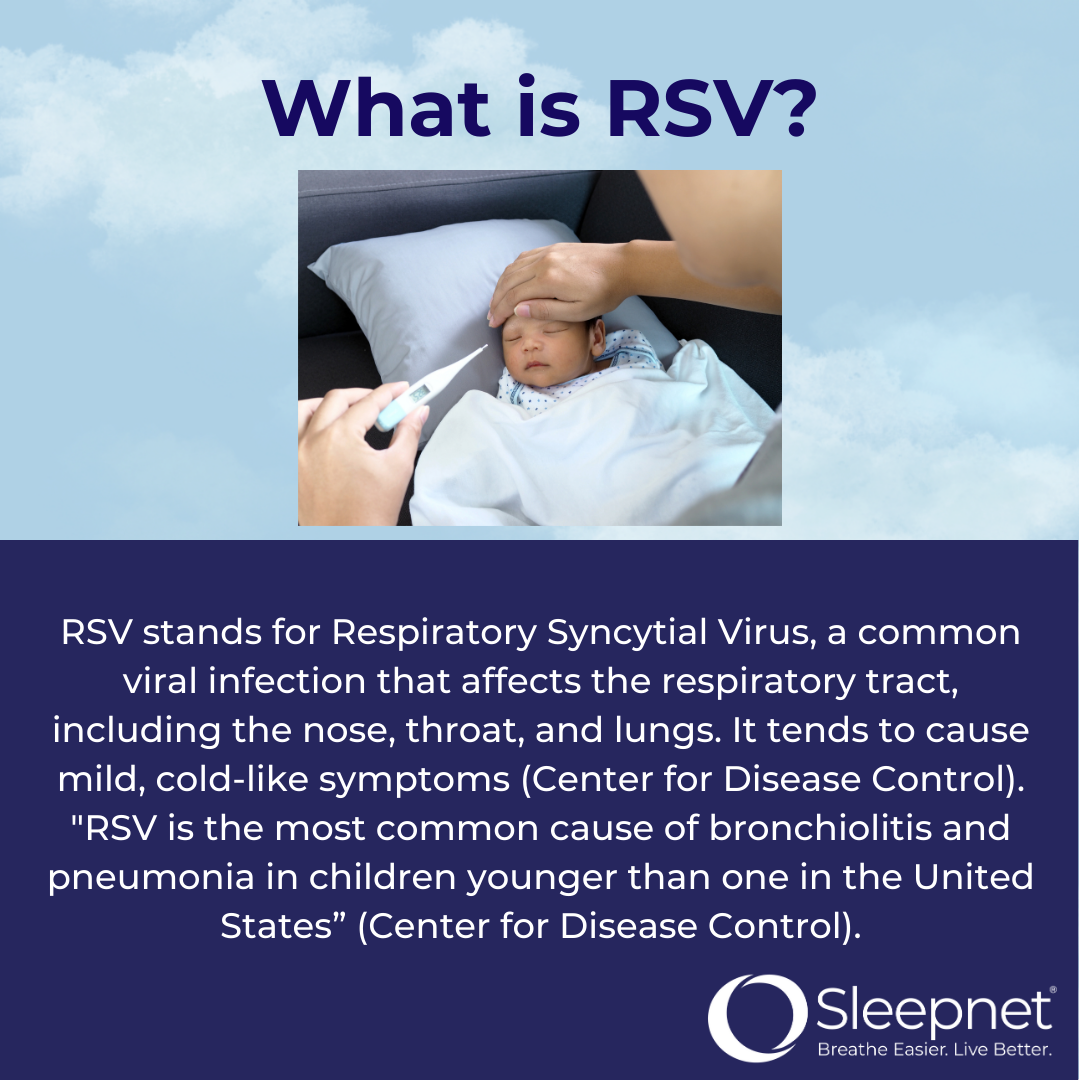What is Sleep Apnea?
What is Sleep Apnea?
By Leigh Ann Steele

Photo by Vladislav Muslakov on Unsplash
In this article, we define obstructive sleep apnea, its root causes, associated risks, and potential therapies to alleviate symptoms.
Sleep apnea is a common sleep disorder that affects millions of people worldwide. According to the American Academy of Sleep Medicine (www.aasm.org, accessed on 3/25/23), it is a condition where a person’s breathing repeatedly stops and starts during sleep. This stoppage can result in interrupted sleep and decreased oxygen levels, leading to a range of health problems, including high blood pressure, heart disease, and stroke. A typical example of a sleep apnea sufferer is someone who snores loudly and intermittently gasps for air while sleeping.
There are two main types of sleep apnea:
- Obstructive sleep apnea is the most common form, and it occurs when the muscles in the back of the throat fail to keep the airway open during sleep.
- Central sleep apnea is caused by a failure of the brain to signal the muscles to breathe.
Several studies have investigated the prevalence and impact of sleep apnea. One such study, published in the American Journal of Epidemiology, found that nearly one-third of adult men and one-quarter of adult women have some form of sleep apnea. The study also found that the severity of sleep apnea was associated with an increased risk of cardiovascular disease. (Peppard, PE, T Young, JH Barnet, M Palta, EW Hagen, and KM Hla. “Increased Prevalence of Sleep-disordered Breathing in Adults.” American Journal of Epidemiology (2013): National Center for Biotechnology Information. U.S. National Library of Medicine).
How do you know if you have sleep apnea?
Common symptoms of sleep apnea may include:
- Snoring
- Gasping for air during sleep
- Waking up with a headache
- Feeling excessively sleepy during the day
- Having difficulty concentrating.
People with sleep apnea are also at a higher risk of developing health problems such as high blood pressure, heart disease, stroke, and diabetes. Several risk factors for sleep apnea include obesity, a large neck size, a family history of the condition, and smoking. Men are also more likely to develop sleep apnea than women. (National Heart, Lung, and Blood Institute: https://www.nhlbi.nih.gov/health/sleep-apnea/causes, 2023).
What are treatment options for Sleep Apnea?
If left untreated, sleep apnea can have serious health consequences. Sleep apnea treatment options include lifestyle changes, such as losing weight, avoiding alcohol and sedatives, and sleeping on your side instead of your back. Other treatment options may include wearing a continuous positive airway pressure (CPAP) device, which delivers air pressure to keep the airway open during sleep, or surgery to remove excess tissue in the throat (Tochukwu Ikpeze, “What is Sleep Apnea”, Sept 2022, The American Sleep Apnea Association, www.sleepapnea.org).

A study published in the Sleep Health Journal of the National Sleep Foundation found that people with sleep apnea were more likely to experience symptoms of depression and anxiety (Christopher N. Kaufmann Ph.D., MHS, Ryoko Susukida Ph.D., Colin A. Depp Ph.D., “Sleep apnea, psychopathology, and mental health,” Sleep Health 2017, National Sleep Foundation). Oftentimes the symptoms of depression and obstructive sleep apnea overlap. As a result, there may be an under-diagnosis of sleep apnea in patients diagnosed with depression. Sleep apnea patients may present with major depressive symptoms, so it is important that a physician first determine the root cause of the symptoms.
If you suspect that you or a loved one may have sleep apnea, it is important to speak with a healthcare professional. They may recommend a sleep study to diagnose the condition, and treatment can help improve the quality of life and reduce the risk of health complications.
Sleep apnea is a common sleep disorder with serious health consequences if left untreated. It is essential to be aware of sleep apnea’s symptoms and risk factors and seek medical attention if necessary. People with sleep apnea can improve their sleep quality and reduce their risk of health problems with proper diagnosis and treatment.
Find out more:
For more information on Sleepnet Continuous Positive Air Pressure (CPAP) masks, visit www.sleepnetmasks.com or email sales@sleepnetcorp.com

